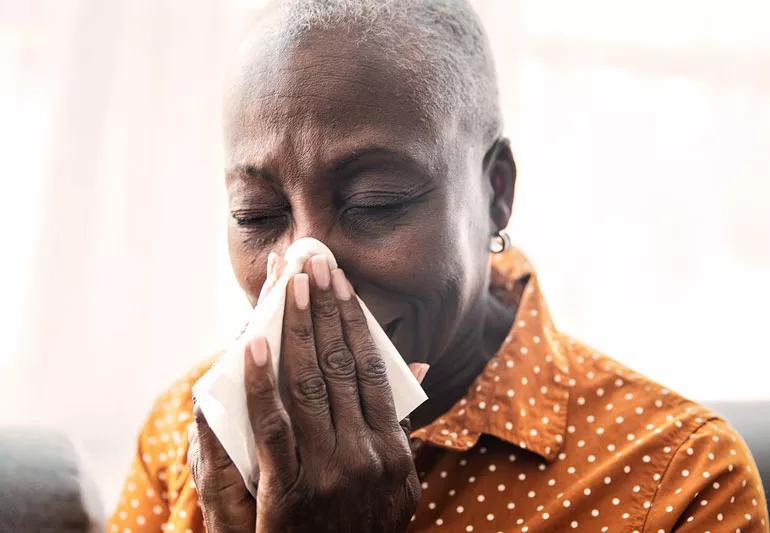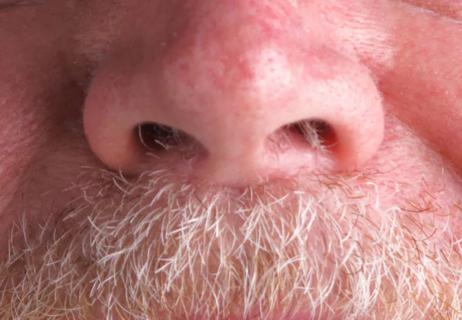Reduce unnecessary antibiotics to help your immune system

The “good bacteria” in our gastrointestinal tracts has gotten a lot of attention lately, but our guts aren’t the only places that host good bacteria. Our noses, sinuses and nasal passages contain similar colonies of beneficial bacteria.
Advertisement
Cleveland Clinic is a non-profit academic medical center. Advertising on our site helps support our mission. We do not endorse non-Cleveland Clinic products or services. Policy
The bacteria in these areas are starting to move into the spotlight as more research is done on the positive impacts those bacteria can have in preventing the bad bacteria from colonizing and the negative impacts that result when we destroy the good bacteria.
“There are a lot of bacteria that colonize our nose and throat that are supposed to be there,” says head and neck specialist Michael Benninger, MD. “But primarily due to overuse of antibiotics, we have changed the colonies in our nose to bacteria that are more harmful.”
Among these are bacteria that lead to some of the common staph, streptococcus pneumonia, H-flu, sinusitis and strep throat infections that regularly plague people, he adds.
Preserving the good bacteria starts with a more conservative use of antibiotics. That means physicians are now less likely to prescribe antibiotics to treat infections that don’t always warrant their use.
“The principles of sinus therapy, particularly since many people were being treated for viruses where antibiotics aren’t helpful anyway, are to avoid antibiotic use, unless it is very clear that it is a bacterial infection,” explains Dr. Benninger. “That will allow our normal bacteria to recolonize our nose, nasopharynx and throat so they can fight infections naturally.”
Advertisement
Right now, the best steps you can take are related to prevention of infections, including the following:
Like gut flora, good nasal flora will eventually have probiotics to help nourish and cultivate them. Some of these products are already in use in Europe. However, they have not yet been approved in the United States because of the more stringent FDA regulations.
“Right now, we’re in preventive mode,” Dr. Benninger says. “But in the future, we will likely be using probiotics in the nose and sinuses, similar to what we do in the GI tract.”
Advertisement
Learn more about our editorial process.
Advertisement

Picking your nose and eating the results isn’t polite behavior, but odds are, it won’t make you sick

How to handle the thicket of long hairs sprouting from your nose

Yes, but symptoms can be easy to miss

‘Walking pneumonia’ is milder and doesn’t always require medication — but it’s also highly contagious

Changing how you breathe, gargling water and distracting yourself are all common ways to stop your diaphragm from spasming

If you have other cold and flu symptoms, it’s probably not strep

Options like fatty fish, citrus fruits and sunflower seeds can help keep you well and heal faster

Eat your fill of vitamins C, B6 and E, plus zinc and selenium

Wearing a scarf, adjusting your outdoor activities and following your asthma treatment plan can help limit breathing problems

Your diet in the weeks, days and hours ahead of your race can power you to the finish line

When someone guilt trips you, they’re using emotionally manipulative behavior to try to get you to act a certain way